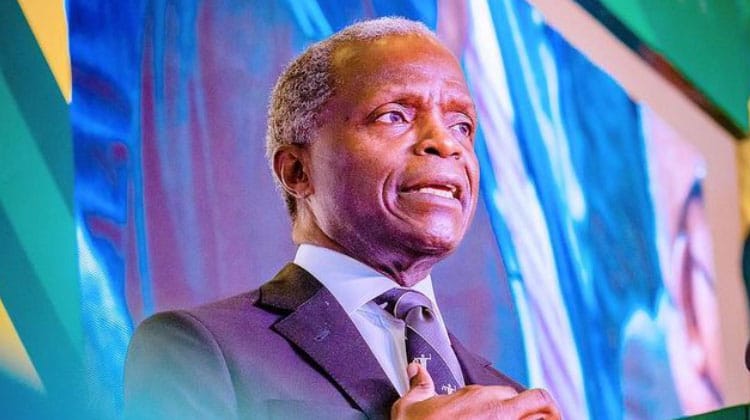Today, June 12, Filipinos around the world will celebrate Independence Day, commemorating the end of Spanish colonialism in the Philippines. However, after victory against Spain, Filipino revolutionaries found a new colonial adversary in the United States, who refused to recognize the new government, and instead waged a brutal war that claimed the lives of about 20,000 Filipino soldiers and 200,000 civilians who suffered from famine, disease, and cruelty from the hands of the U.S. military. As it did in Hawaii, the U.S. imposed a new colonial rule over the islands that would last far beyond July 4, 1946, when the Philippines gained nominal independence. Today, the legacy of U.S. colonialism and its continuing domination persists in all aspects of Filipino life — whether in the homeland or around the world where Filipinos were forced to migrate. As under colonial rule, farmers remain landless, agriculture remains primitive, and economic production only serves to supply cheap raw materials for the global market. Government policies are aligned with neoliberal measures propagated by the U.S. through the International Monetary Fund and World Bank, leading to underfunded and inefficient social services. Filipino culture has been tainted by consumerist, racist and decadent values espoused by American capitalism. Even after “independence,” the U.S. ensured its continued presence in the Philippines through the Treaty of Manila, which included provisions that kept U.S. military bases in the country. However, in 1991, a strong anti-imperialist movement resulted in the Philippine government rejecting the lease renewal for these bases, forcing the U.S. to pull out and find new ways to hold control. Today, the Enhanced Defense Cooperation Agreement (EDCA) and the Visiting Forces Agreement (VFA) continue to undermine Philippine sovereignty. EDCA allows the U.S. to establish nine different bases under the guise that they are controlled by the Philippine government to circumvent the American military bases ban. Meanwhile, the VFA allows American forces to enter as they please and act with impunity, as was seen in the case of Jennifer Laude, a trans-Filipina who was murdered in 2014 by Joseph Scott Pemberton, a U.S. Marine who has since been pardoned. Pemberton was in the Philippines to take part in regular joint military exercises. The recently concluded Balikatan and Salaknib exercises are followed by the participation of the Armed Forces of the Philippines (AFP) in the biannual Rim of the Pacific (RIMPAC) exercises that take place here in Hawaii. The testing of arms and ammunition alongside increased military presence have caused historic detriment to the land, environment and people. On April 11, the first trilateral meeting between the heads of state of the U.S., Japan and the Philippines concluded with the U.S. promising $1 billion in private sector investments to the Philippines, alongside continuous joint maritime exercises, and joint Defense Equipment and Technology development and production with the Japanese government. U.S. Sens. Tim Kaine (D-VA) and Bill Hagerty (R-TN) also recently introduced the Philippines Enhanced Resilience Act, which gives the AFP $2.5 billion over the next five years. This is in the context of rising tensions in the region, leaving the Filipino people in the middle of the U.S.’ wars. On Philippine “Independence” Day, it prompts us to ask the question: What does genuine freedom really mean and what does it require for a country to chart its own course? What kind of nation and future do we want to build, and how do we stand in solidarity with other peoples who also yearn for justice and freedom? What does it take so that Independence Day is what it truly means? Misty Pegram, left, and Dianne Deauna are members of Anakbayan Hawai‘i, an organization that promotes national democracy in the Philippines and supports anti-imperialist struggles in Hawaii.
Subscribe
Login
0 Comments


